Advanced mountaineering course
The advanced mountaineering course is prior to the advanced level. It is aimed at those mountaineers who have a solid and established mountaineering base.
At the Torla-Ordesa guiding company we understand that the terrain of the advanced mountaineering course can be very varied and therefore we are not only talking about terrain that exceeds 60º; glaciers, ridges, ice waterfalls, corridors, high altitudes, polar destinations... they deserve consideration as advanced or advanced level mountaineering terrain.
To take our advanced mountaineering course, it is advisable to first take our initiation to mountaineering course. Participants in the advanced mountaineering course can contact the guide office and compare their previous experience before opting for this course. There are introductory courses on the market that do not cover the minimum requirements on our part to be able to access this course as a second step in training.
The natural development of the course usually includes 2 hours of planning aspects with the help of PC to teach you how to plan your outings. The first day is usually oriented towards handling the double rope, team communication, placement of floating anchors and nails, setting up meetings, basic rappelling maneuvers, self-rescue and aids. It takes place in a natural climbing wall for alpine routes with lengths in traverse or in line to the meeting. On the second day, there is a mixed and ice climbing workshop and then take off from the ground doing several mini pitches where you can practice everything you have learned in alpine terrain. That is, a directed activity is carried out.
From our point of view a third day with a supervised activity It would be highly recommended. We remain open to organizing it at the request and availability of the participants.
We have a course calendar so you can plan your training. You can, on the other hand, contrast the prevailing conditions in the area in which nearest weather station.
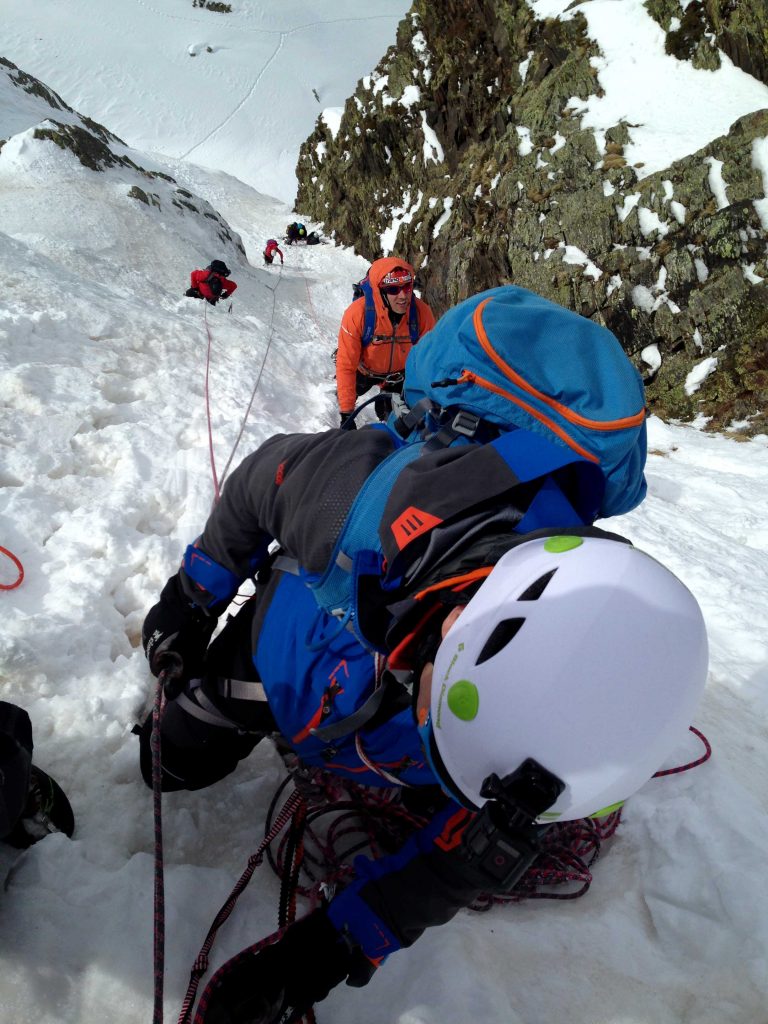
The natural development of the course usually includes 2 hours of planning aspects with the help of PC to teach you how to plan your outings. The first day is usually oriented towards handling the double rope, team communication, placement of floating anchors and nails, setting up meetings, basic rappelling maneuvers, self-rescue and aids. It takes place in a natural climbing wall for alpine routes with lengths in traverse or in line to the meeting. On the second day, there is a mixed and ice climbing workshop and then take off from the ground doing several mini pitches where you can practice everything you have learned in alpine terrain.
We have a course calendar so you can plan your training. You can, on the other hand, contrast the prevailing conditions in the area in which nearest weather station.
As we anticipated previously, the courses are developed in diverse mountain systems of your choice;
- Gredos; Taking the Elola refuge as our base of operations, from the vicinity of the Big Lagoon we will go to Almanzor, Morezón, Cuchillar de la Navajas de Ballesteros.
- Madrid; The usual development areas of Peñalara, Zabala and two sister may be replaced by the northern area of the Cabezas de Hierro if conditions so require.
- Pyrenees; Taking as a base the valleys of Bohí Tahul, Ull de Ter, Benasque, Ordesa, Valle de Tena or Belagua, we will recommend one place or another depending on your origin and the snow-meteorological conditions.
Ratio for the development of an advanced mountaineering course
1 teacher for a maximum of 4 students.


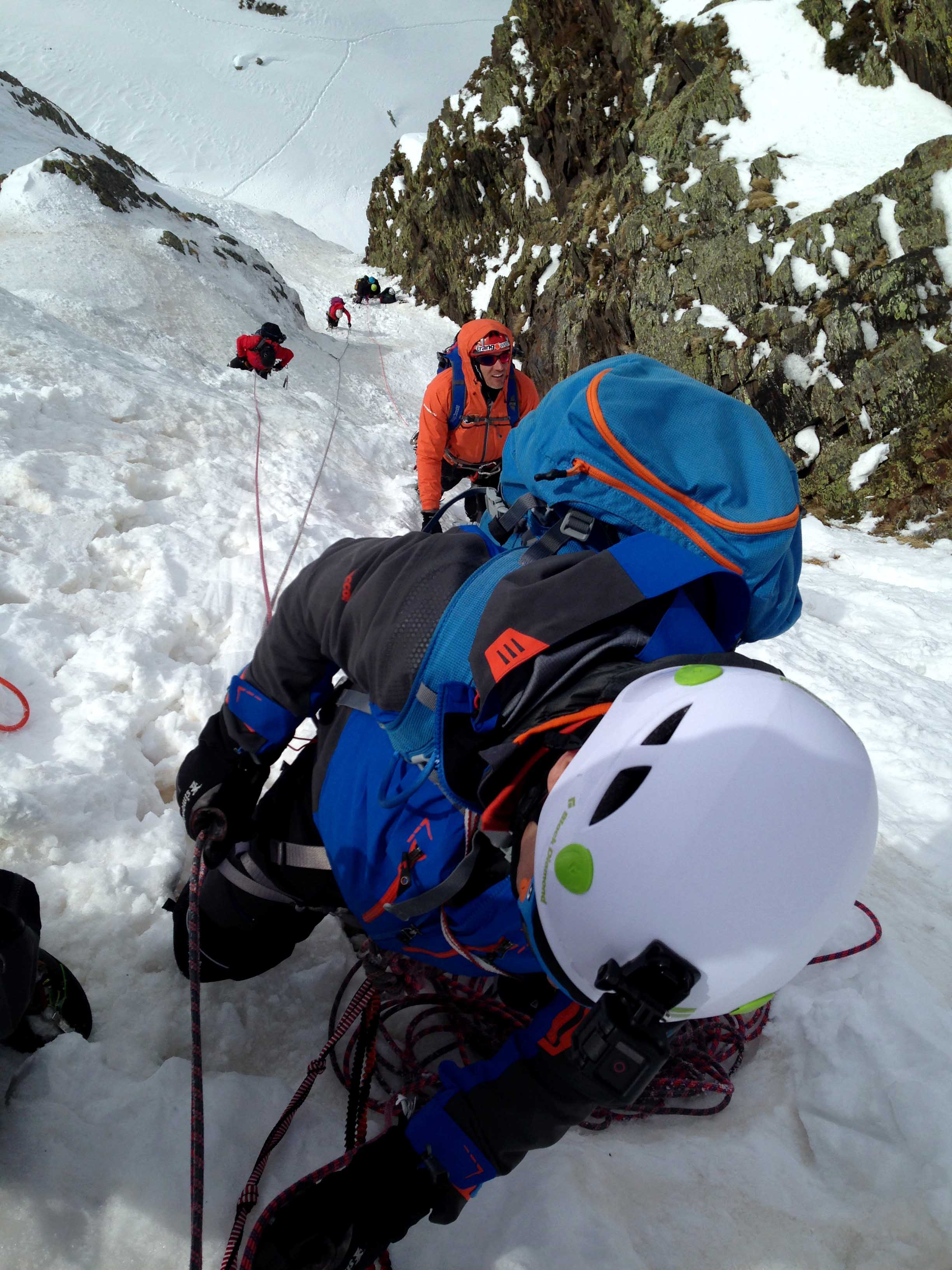
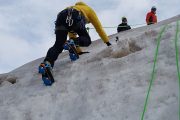
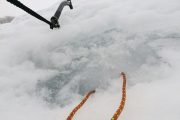
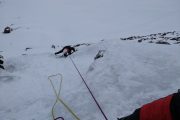
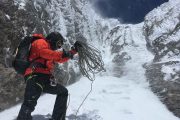
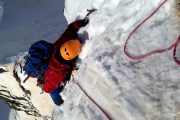
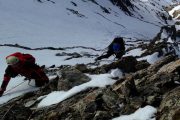
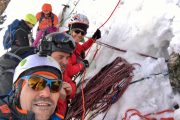
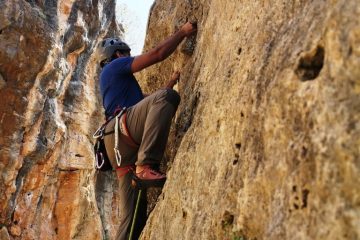

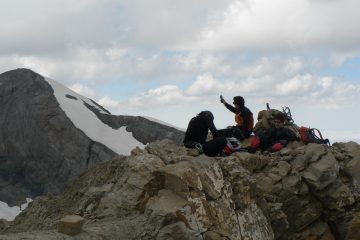
Ratings
No reviews yet
Post a rating